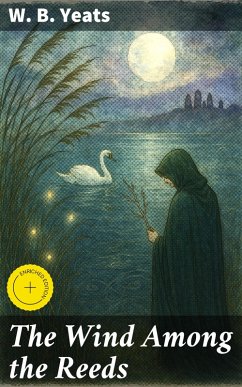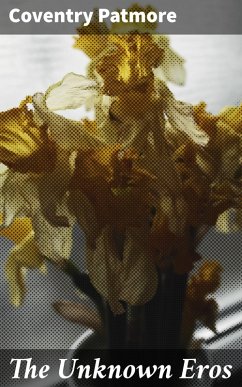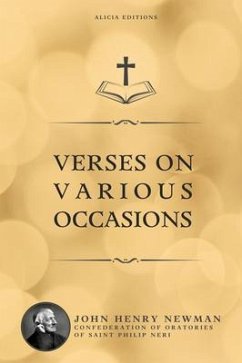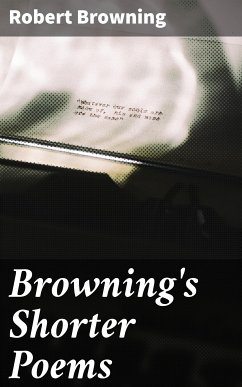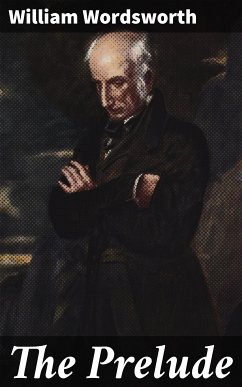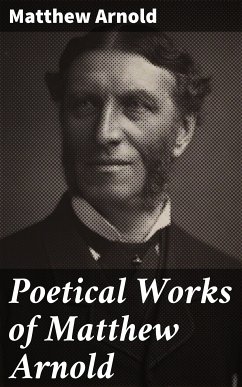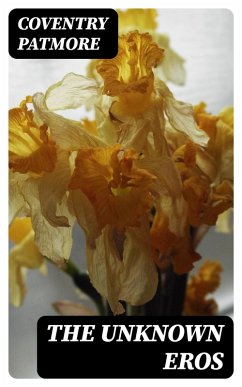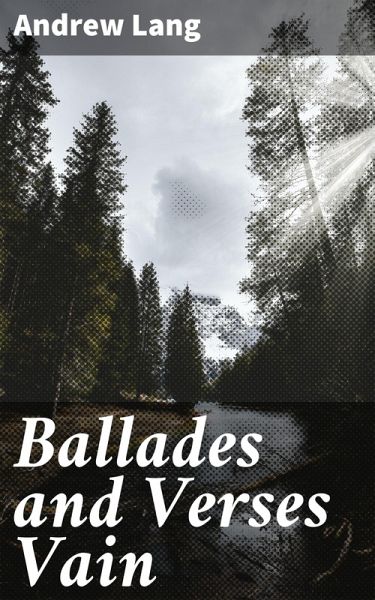
Ballades and Verses Vain (eBook, ePUB)
Enchanting Ballads and Whimsical Verse: A Classic Poetry Collection
Versandkostenfrei!
Sofort per Download lieferbar
0,49 €
inkl. MwSt.
Weitere Ausgaben:

PAYBACK Punkte
0 °P sammeln!
In "Ballades and Verses Vain," Andrew Lang masterfully orchestrates a rich tapestry of verse, weaving together themes of love, loss, and the ephemeral nature of beauty. The collection, characterized by its lyrical elegance and rhythmic sophistication, draws from the traditional ballade form while also reflecting Lang's engagement with contemporary literary movements. The poems resonate with a poignant introspection, showcasing Lang'Äôs adept use of irony and vivid imagery, as he navigates the complexities of human emotion against the backdrop of a rapidly changing world in the late 19th cent...
In "Ballades and Verses Vain," Andrew Lang masterfully orchestrates a rich tapestry of verse, weaving together themes of love, loss, and the ephemeral nature of beauty. The collection, characterized by its lyrical elegance and rhythmic sophistication, draws from the traditional ballade form while also reflecting Lang's engagement with contemporary literary movements. The poems resonate with a poignant introspection, showcasing Lang'Äôs adept use of irony and vivid imagery, as he navigates the complexities of human emotion against the backdrop of a rapidly changing world in the late 19th century. Andrew Lang, a polymath and devoted folklorist, was deeply influenced by the mythological richness of his Scottish heritage and his extensive travels. His scholarly pursuits and friendships with notable figures of his time shaped his poetic sensibilities, particularly evident in this collection. Lang'Äôs dual role as a collector of folklore and a lyric poet enables him to bridge the gap between the past and the present, imbuing his work with both depth and accessibility. "Ballades and Verses Vain" is a must-read for admirers of lyrical poetry and those seeking to understand the intricate interplay of tradition and innovation in verse. Lang'Äôs enchanting poetic voice invites readers to reflect on their own experiences of beauty and sorrow, making this collection a timeless addition to the canon of English literature.
Dieser Download kann aus rechtlichen Gründen nur mit Rechnungsadresse in A, B, BG, CY, CZ, D, DK, EW, E, FIN, F, GR, H, IRL, I, LT, L, LR, M, NL, PL, P, R, S, SLO, SK ausgeliefert werden.





